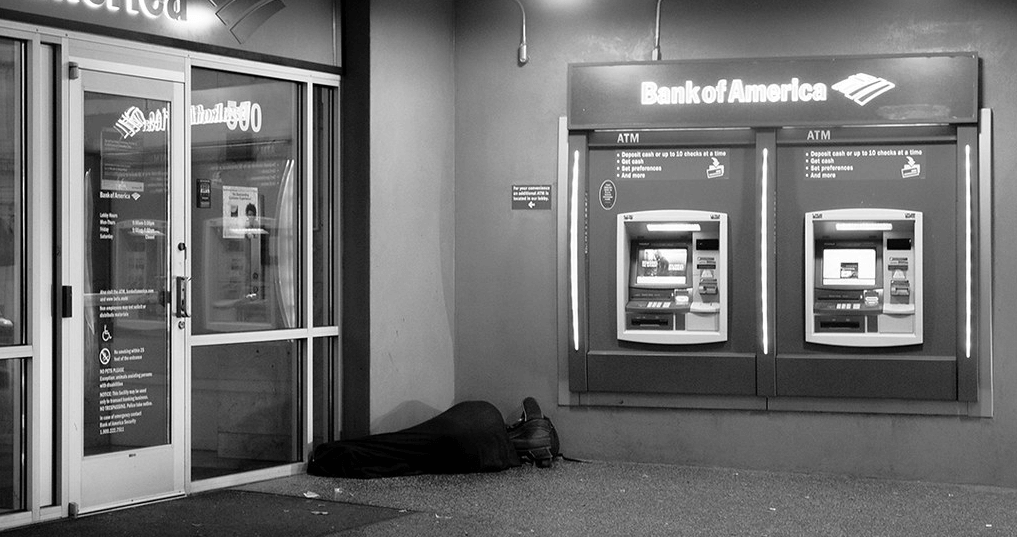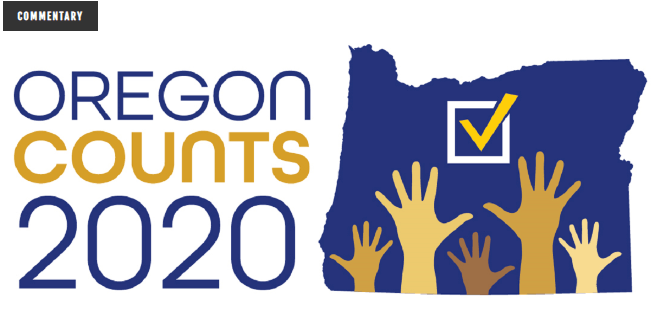
Income Inequality in Oregon Notched New Record Prior to COVID-19 Crisis
Before the COVID-19 pandemic upended the economy, the income of Oregon’s ultra-rich had set yet another record. In 2018, the year with the most recently available data, the average income of the richest 0.1 percent — the top one-tenth of 1 percent — rose to more than $5 million, the highest ever.







